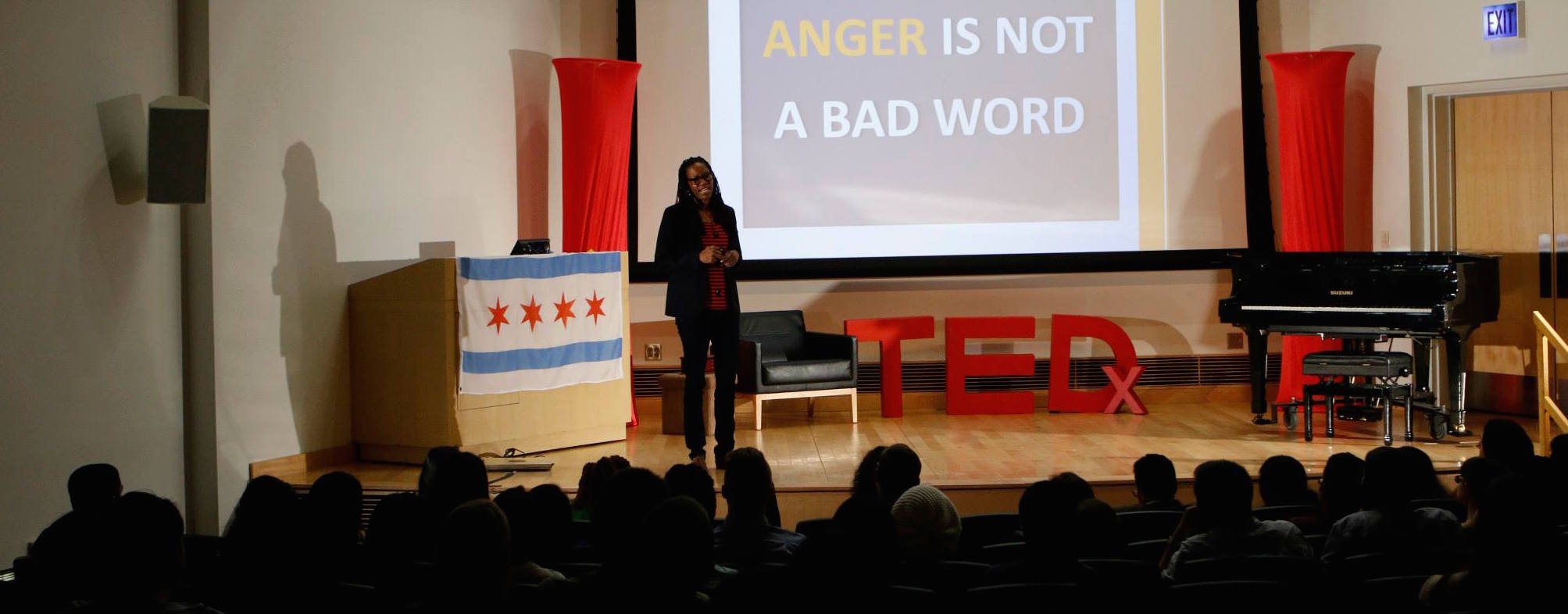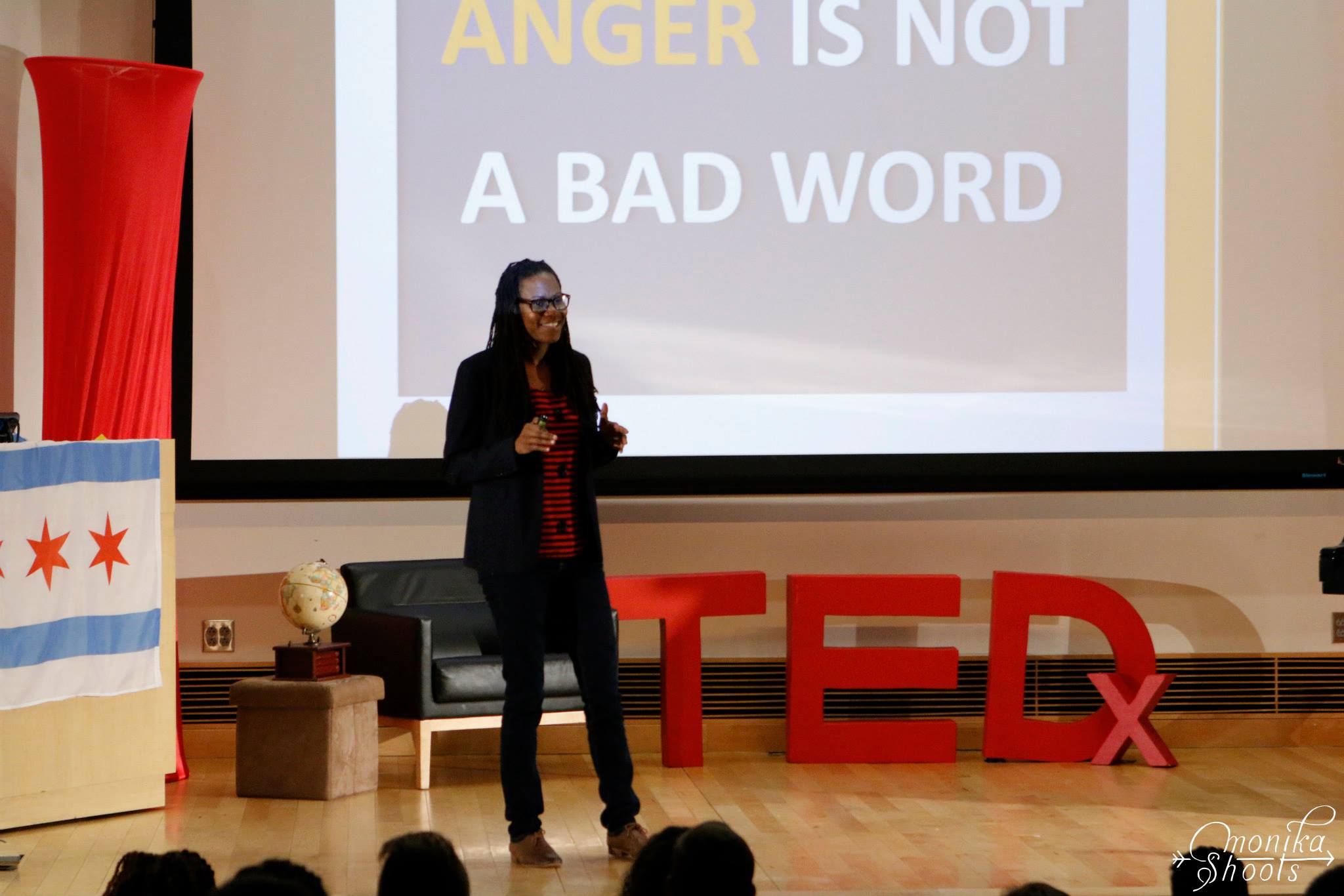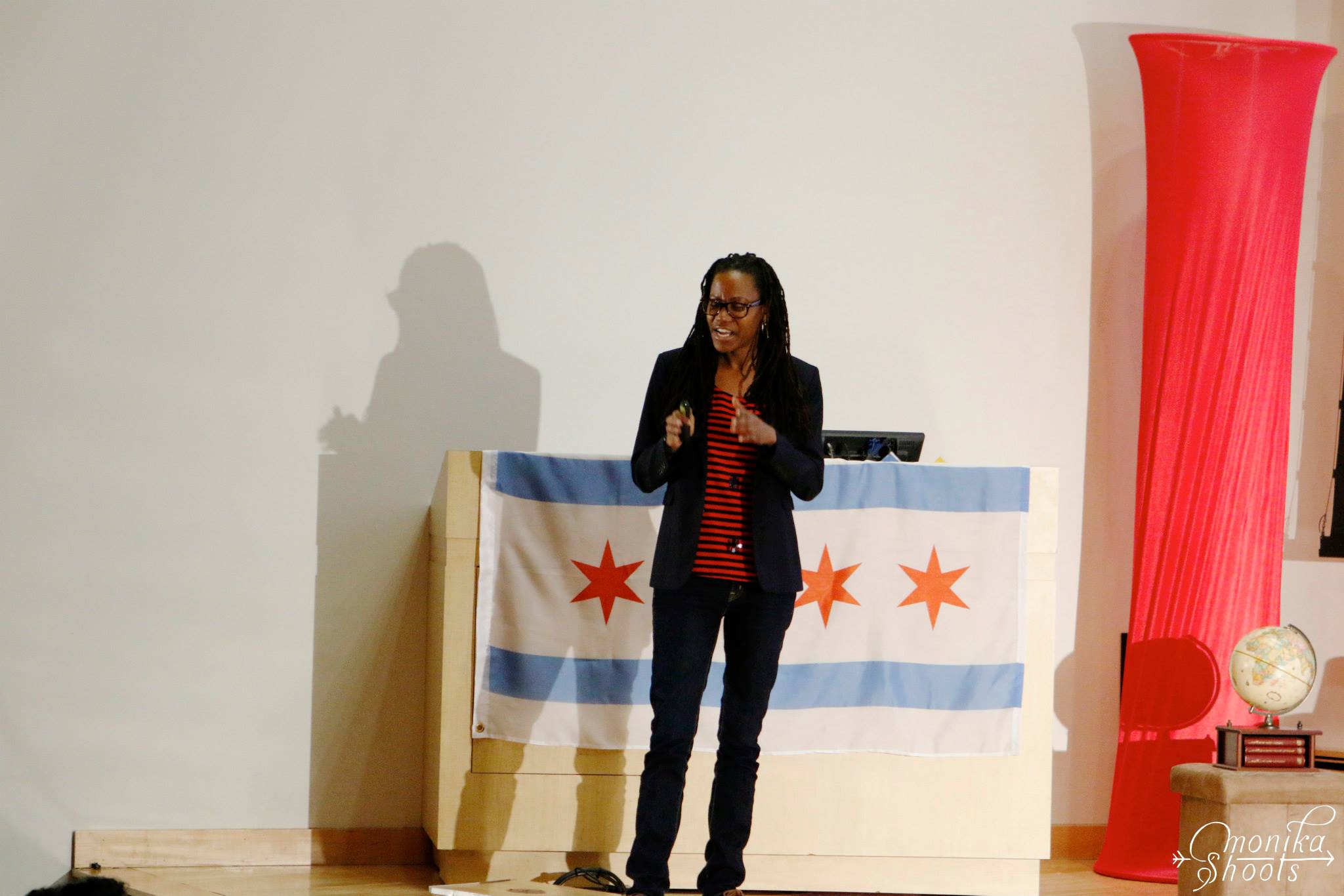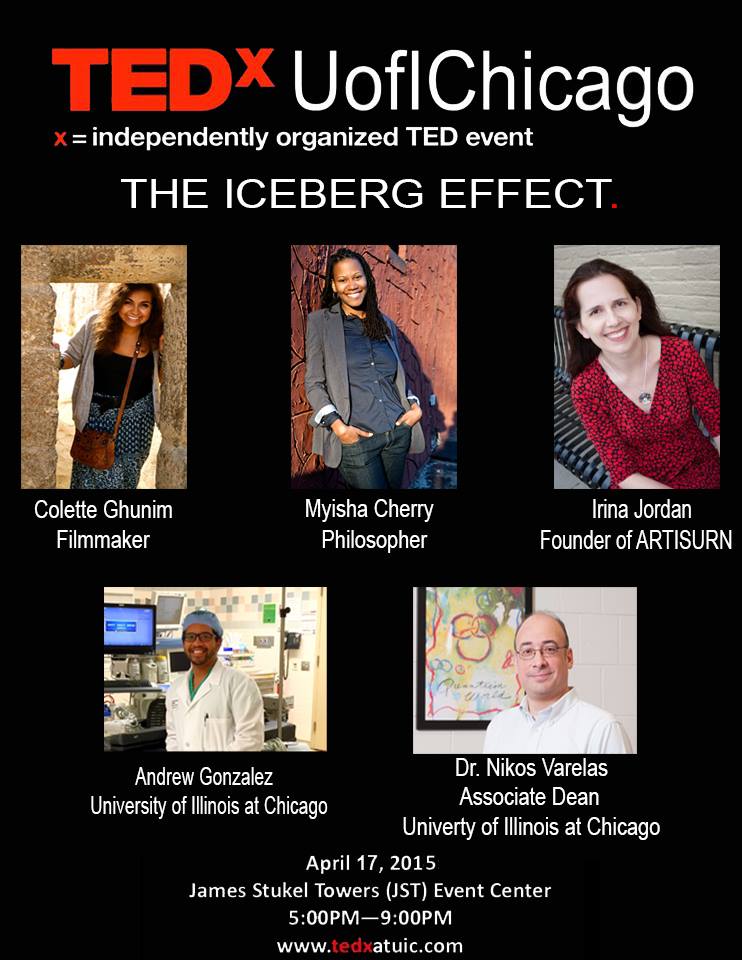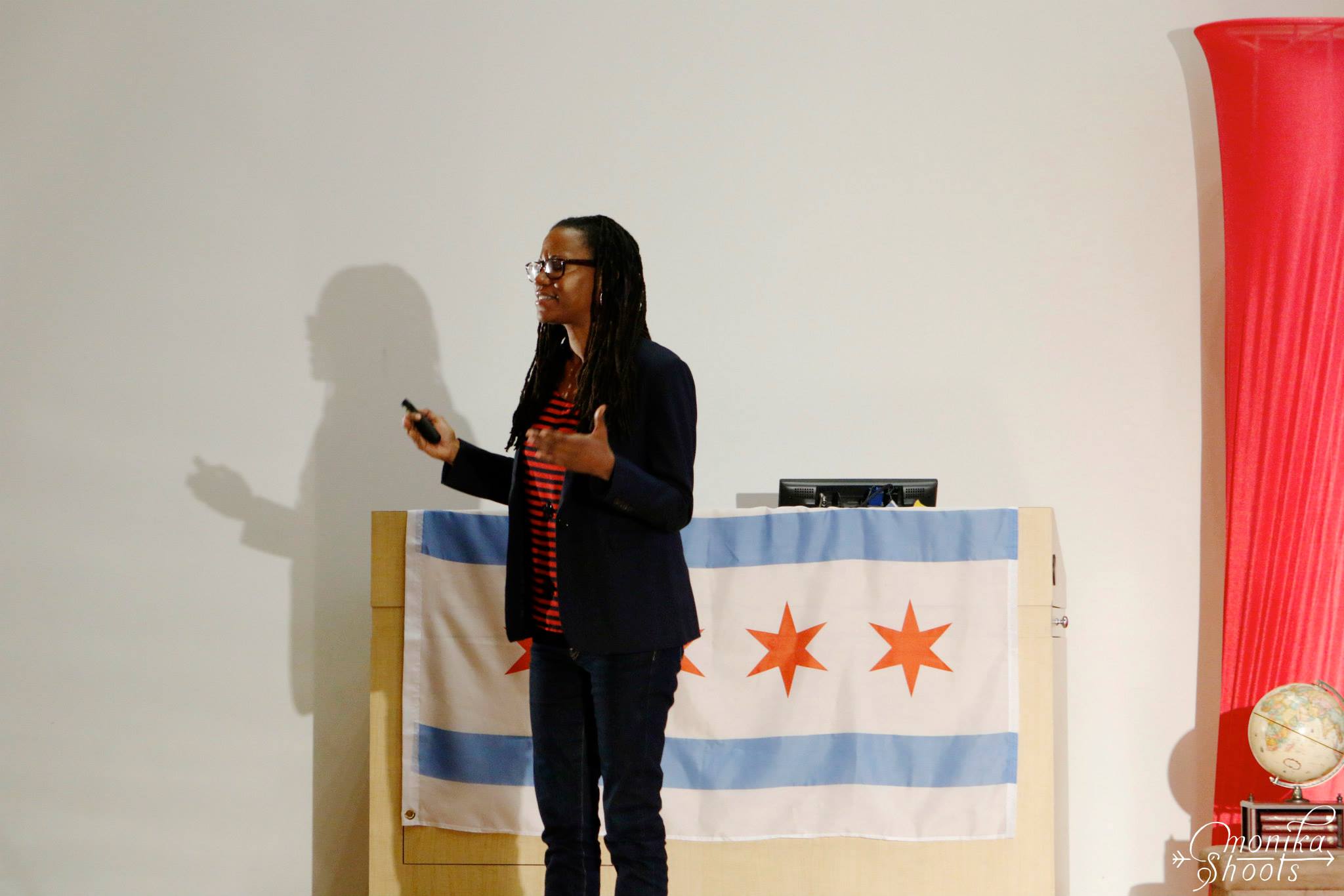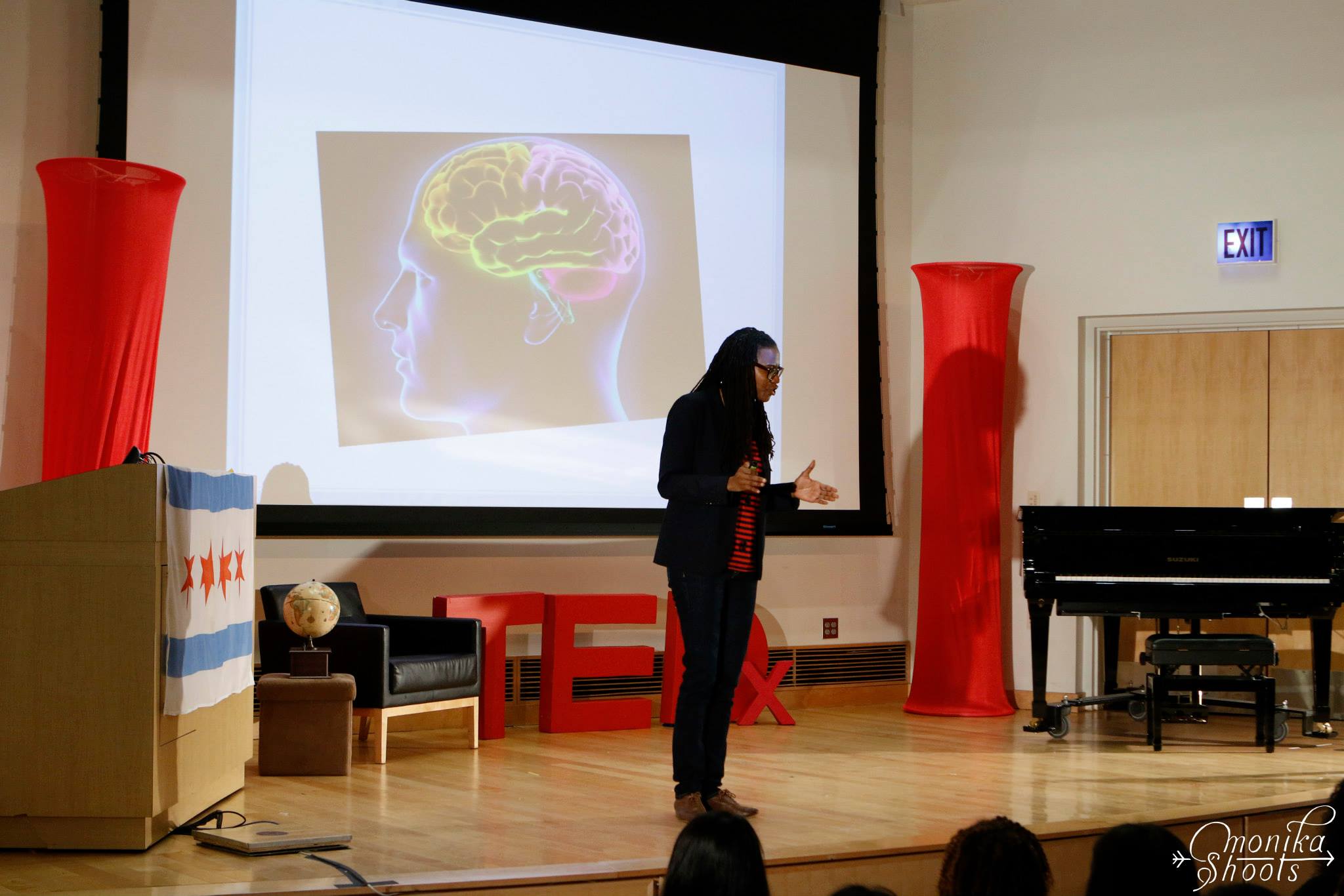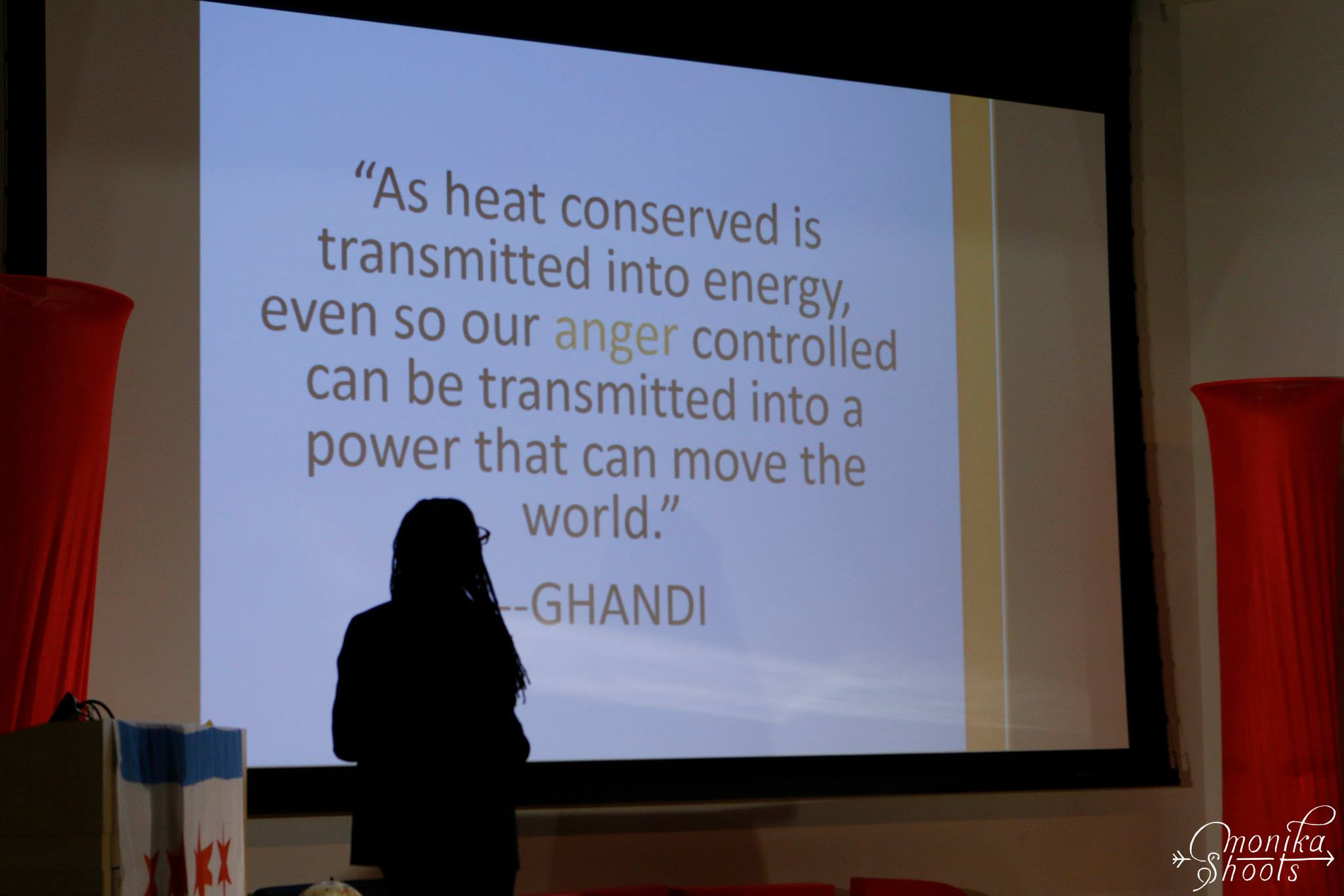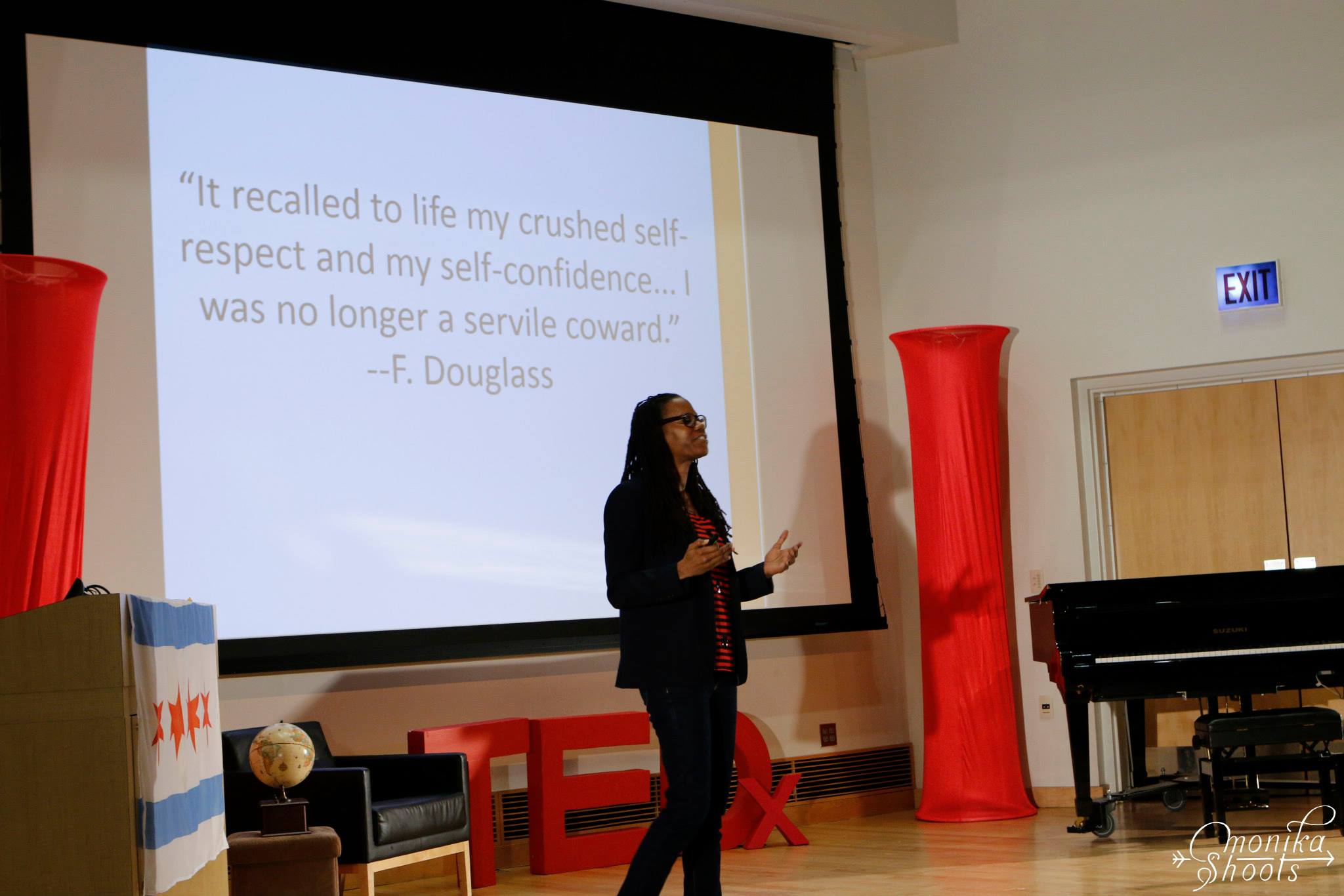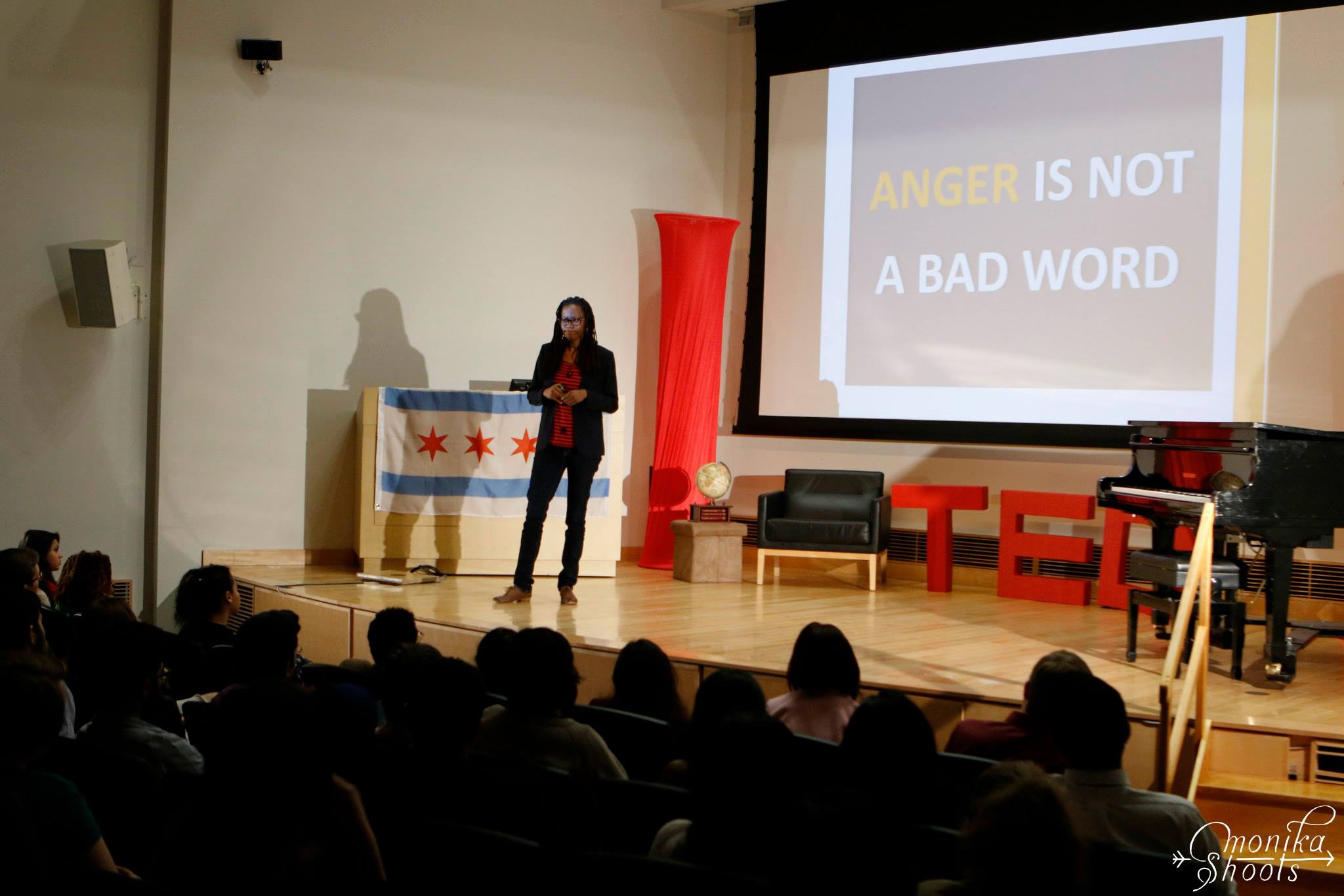I recently gave a talk at a TEDx event. I remember in early January when I got the invitation. I was very excited. I have been watching TED talks since they first appeared online. My favorite talks are from Ken Robinson, Jamie Oliver, Derek Silvers, and Dave Pizarro to name a few.
Click To Get Presentation Slides From My Talk
I’ve always dreamt of being able to get tickets to an event. Later on as I got more confident, I started to wish that I would one day be a speaker. Dreams do come true.
I had a blast presenting. My Talk was entitled “Anger Is Not A Bad Word.” It was well received by the audience and I hope I was able to bring value to them and to those who will watch the film later on this spring.
I knew the process of preparation would be intense and I would like to share with you three important things I learned from being a TEDx Speaker.
1. Be You!
Watching TED talks can be informative but also intimidating. You can be made to feel like you have to either be those speakers that you look up to or model their intelligence or performative style. I had to keep reminding myself that I have to be me. “Being Me” includes presenting in the way that I usually do. I am not a magician so I didn’t pull any rabbits out of my hat. I am not a musician, so I did not sing or play any instruments. I am not a memory genius so I did not commit my whole 18 minute speech to memory. My goal when I got on stage was to allow the audience to see Myisha. Yes, I wanted to do my best and follow TEDx rules but I also needed to be myself to be effective. So that was who I was. In this way, I felt no pressure, I worked less, and I felt more confident.
2. Always Be Ready!
When I received the invitation to speak, there was no doubt to what I would present on. Anger and social justice is my research focus and it is what I am always thinking about and what I most know. I did not have to do additional research to prepare. I referred to my past op-eds, articles, and research notes and was selective about what I would include in the talk.
Its important that we have a number 1 hit always ready to play. What I mean by this, is that we can desire to be a speaker, but if we don’t have a speech ready now, what are we going to talk about. I would suggest that you think about what you are passionate about, what you know, what you want others to know. Create an outline, script, and/or powerpoint presentation. In this way when someone ask you to speak you are already and always ready. This really helped me not to be overwhelmed or feel incompetent.
3. Practice, Practice, Get Feedback, and then Practice Again!
I have never practiced a presentation like I did my TED talk. Seriously, I was tired of the material by the time of the event. But I was also very familiar with it. That came about because of practice. So practice!
Practice does not entail memorization. It means to be familiar with your material. To know it front and back. It also includes knowing the different moves of your talk and how you will proceed.
I would suggest that you practice in front of a group. I don’t like to do this for play, play. So what I did was I gave my TED presentation at my previous talks. This made it real. It also allowed me to get feedback from the audience. For example, I asked students at UNC-Charlotte after a talk I gave there, “Im doing a TED talk on this presentation. What points really resonated with you?” Whatever they told me, I made sure to include it in my TED speech.
I also gave a colloquium talk to some graduate students. At the Q&A, I asked them “How can I get this content to resonate with a non-academic audience?” They gave me some great suggestions. Those suggestions made me reconsider my introduction, information I should take out, and how I should conclude.
My TEDx talk was the result of a great Pre-audience! I could not have done it by myself. Feedback is very important.
4. Know That Anything Can Happen But A Sense of Humor Goes A Long Way
When I got up to do my talk, my mic was not on and I did not know it. I was two minutes in and I noticed confused faces from the audio/visual team. I stopped. Asked them in a funny way, ” My mic isn’t on?” They said “Yes”. I said, “Come fix me!” As they did I made made small talk with the audience. I told them lets rewind it back and que theme music this time.
Im so glad that moment happened. In those 2 minutes the audience got to know me and I got to know them. So that is why in my recorded talk, there is laugher after my first sentence. I used a technical difficult as an ice breaker and a comedic moment. I did not allow it to make me afraid, nervous, or angry. I think the talk benefited from it.
Below are more pictures of the event. Good luck on your future TEDx talk. I hope my advice helps in some way.
To Get Slides from the presentation, click the image below!
4 Things I Learned From Being A TEDx Speaker
